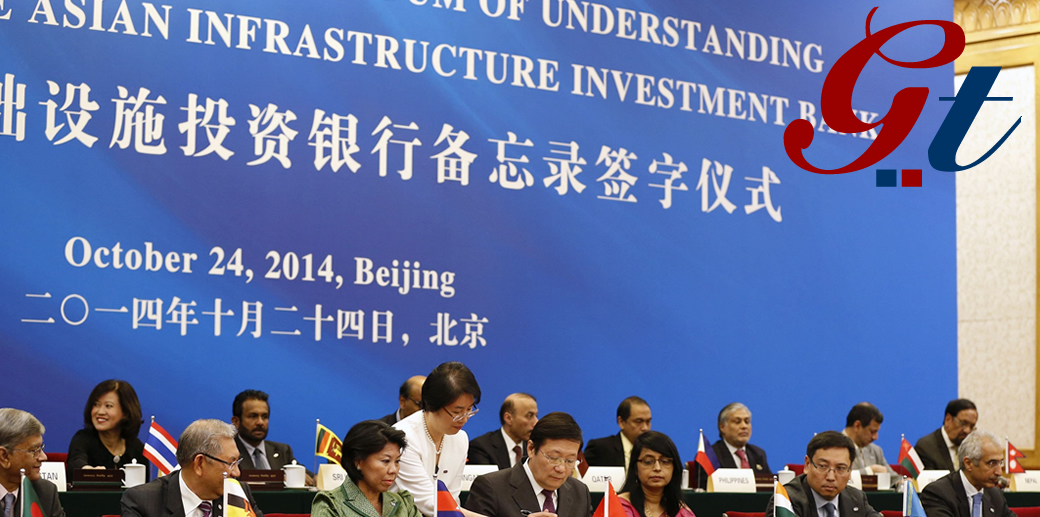The nascent international multilateral financial institution, the Asia Infrastructure Investment Bank (AIIB) is one that is projected to rival the dominance of the hegemonic western-dominated, international lending institutions like the International Monetary Fund (IMF) and the World Bank. The reality of this assertion can be gleaned from the response of the United States’ government to this Asian – orchestrated banking rivalry.
There is no doubt that the dispositions of the Bretton woods organizations towards developing countries have been one of outright emasculating tendencies so as to perpetuate the dominant culture of the western powers in the monetary policies of global influence. The IMF has become the personal property of Europe, with its iron fist firmly fixed on its Managing Director portfolio thereby having absolute control over its policies. On the other hand, the United States of America holds on tenaciously to the World Bank.
The obscure but simple truth is that the financial landscape that gave birth to this one-sided monetary order immediately after World War 2 has changed; unfortunately the powers that be are deliberately or covertly refusing to acknowledge this fact.
In the light of the above, developing countries led by China and some Asian countries, with other members of the BRICS nations (Brazil, Russia, India, China and South Africa), some weakened western nations such as the United Kingdom, France, Germany, Italy, Australia and others have decided to form a new multilateral financial institution that will cater for the infrastructure needs of its members without necessarily going through the conditions of loans repayments as prescribed by the western financial bodies. To this end therefore, China, with its huge financial war chest kick-started the fund with a $50B (Fifty Billion Dollar) contribution.
The crux of this literary piece is centred on Nigeria’s response to this global development. Nigeria is Africa’s largest economy (after a curious re-basing program) and she is seriously in need of huge infrastructural investments and development. These cut across areas such as transport, energy, human capital et al.
Unfortunately, there seems to be no reports of Nigeria’s interest in this global lending institution. One is not surprised though since the coordinating minister of the nation’s economy, Dr. Ngozi Okonjo-Iweala was a staff (and still a disciple) of the World Bank, one of the western hegemonic institutions.
But should Nigeria as a country be subjected to this narrow parochial view of a single individual? Particularly one that has fallen from grace to grass, haven administered the economy towards the path of paper statistics rather than direct impact on lives?
I know some persons would point to the large nature of the economy without noticing it is mainly on paper. How has this so called largeness of the economy affected the common man on the streets of Nigeria? Anyway, that is a discourse for another day, so let us go with the statistics for now.
Nevertheless, there is a new government in Nigeria that will be sworn in come 29th of May, 2015. It is pertinent to state here that if the new government’s plan to build infrastructures and attract investments is to be fruitful, it must as a matter of necessity see the need to key into the new world economic order that is staring us in the face. This is not the 1940s when Nigeria did not have the opportunity to join the global community to frame the global monetary order.
This nation must use her place now as the largest economy in sub-saharan Africa to shape global issues to its favour and at the same time lead its African neighbours along similar path. Our nation must not be seen on the fence in this important era of African renaissance as history will judge her present generation for not latching on to this opportunity.
The actions or inactions of the present generation would have huge economic and social repercussions for the African continent in the near future. No matter whose ox is gored, we must register our national presence alongside other African countries in a just, equitable, and fair international institution whose goal is truly for the development of humanity rather than the western-styled bodies whose policies are skewed towards self-preservation of the managing nations.
Edafe Mukoro tweets as @RealEdafeMukoro on twitter.
